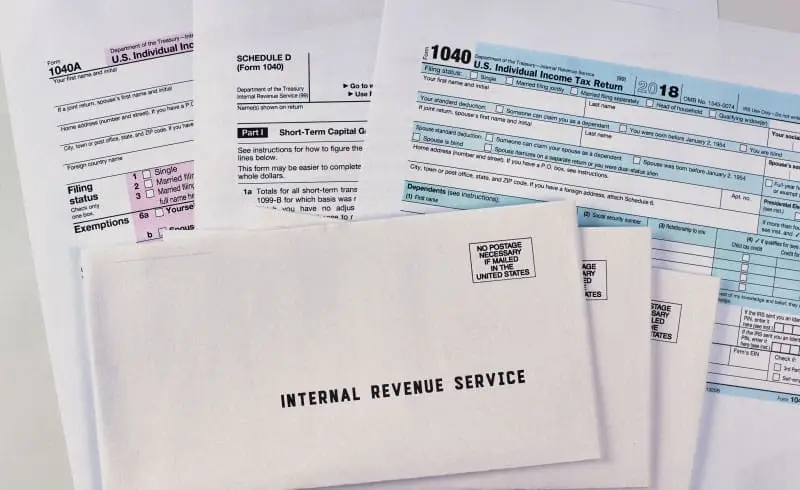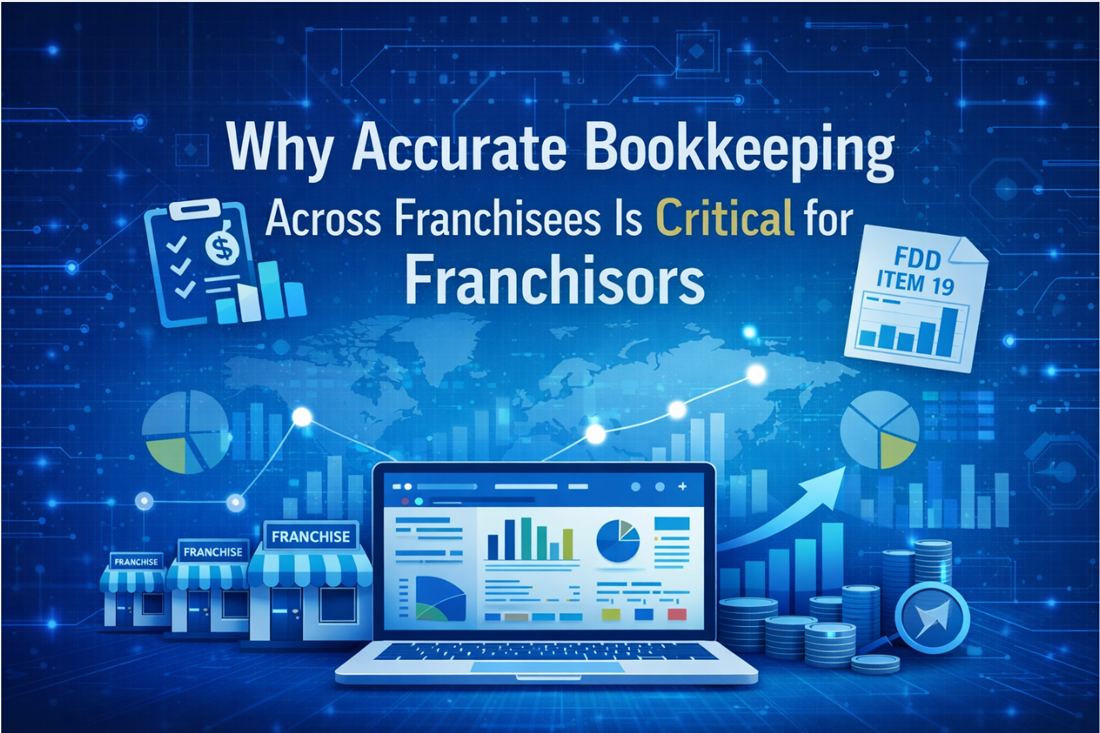What do you do when Form 1040 (federal income tax return) doesn’t give you the opportunity to fill in your particular type of income or deductions? The answer is, you attach the appropriate schedule.
What’s a Schedule?
It’s a separate form that’s designed to meet your circumstances, allowing you to report or claim items that aren’t on the standard return form. The following are some of the schedules most commonly used.
Schedule A Tax Form
This is for itemized deductions rather than taking the standard deduction. These deductions include medical/dental expenses, mortgage interest, and charitable contributions. Unless the total amount of those deductions is quite high, it’s more advantageous to take the standard deduction.
Thanks to the Trump tax reform, there’s now a standard deduction for business income and expenses as well. Even for the multiple deductions, a home-based business can claim, the standard deduction usually saves you more. Your tax preparer can do the calculations and tell you which option will benefit you the most.
Schedule B Tax Form
The purpose of this schedule is to list sources of taxable interest and ordinary dividends if your total income from those sources exceeds $1,500. If it’s less than that, you can just list it on Form 1040.
Schedule C and Schedule C-EZ Tax Forms
On these forms, you report self-employment income from your sole proprietorship or qualified joint venture. Business earnings and deductions are used to calculate your net profit or loss, which is then added to Form 1040. Schedule C-EZ is a shorter form for those who own a single business with simple accounting.
Schedule D Tax Form
Capital asset sales are reported on this schedule (unless they’ve already been reported on another form or schedule). Types of assets include stocks, your home, and your car. The gain or loss on the sale will contribute to your final taxable income. Short-term capital gains — on items you owned for less than one year — are taxed at the same rate as other income, but long-term gains have a lower tax rate.
Schedule EIC Tax Form
If you’re entitled to claim earned income credit, this schedule provides information about your qualified children. You must fill this out if you want to get a refund.
Schedule SE Tax Form
For self-employed taxpayers, Schedule SE computes the amount of employment tax (Social Security and Medicare) you owe, since you don’t have an employer paying it for you. You must pay this tax even if you’re receiving Social Security and Medicare benefits.
Still confused about which schedules you need to complete your small business tax return? An expertly prepared return is part of your xendoo accounting and bookkeeping service. And if you have any questions or are facing an audit, we’re always just a click or phone call away!
[av_sidebar widget_area=’Blog Post Disclaimer’ av_uid=’av-om2w’]









